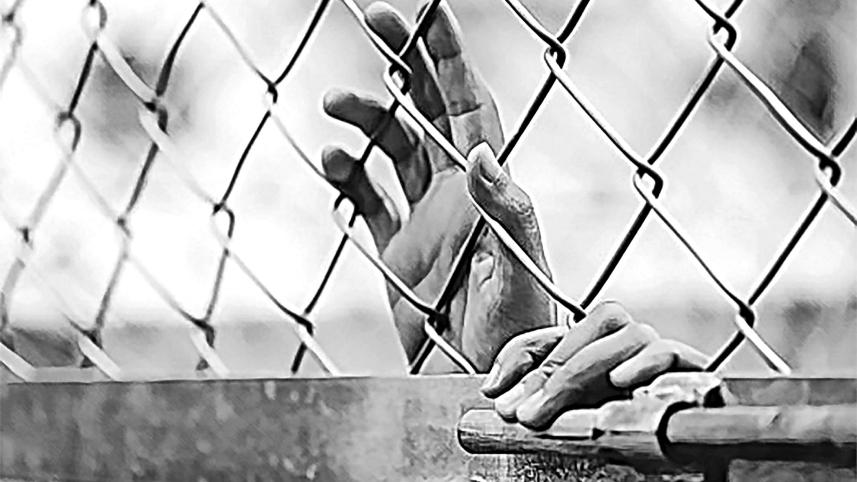Reforms the Child Development Centres need to make

Ensuring liberty of children in the administration of justice is a serious global concern. It was revealed in United Nations Global Study on Children Deprived of Liberty 2019 that 410,000 children are deprived of liberty in pre-trial detention and prison every year. The basic framework at the international level to ensure protection of children is the UN Convention on the Rights of Child (CRC) 1989. Article 37 of the CRC requires parties to treat children who are deprived of liberty with humanity and respect for the inherent dignity of the human person. Article 40 confers an obligation upon state parties to ensure that children accused of or held liable under domestic to be treated in a manner consistent with the promotion of the children's sense of dignity and worth. This would in return reinforce the children's respect for human rights and fundamental freedoms of others. In addition, this would improve the desirability of promoting children's reintegration assuming their constructive role in society.
Bangladesh ratified the CRC and its two Optional Protocols and thus the country is under an obligation to adopt standards contained in these instruments. In line with its commitment to the CRC, the Government framed the National Child Policy 2011 followed by the enactment of the Children Act 2013. Although the Act contains certain basic features including ensuring best interest of the child at all level, the main challenge of effective implementation of the standards remains far from realisation. Section 59 of the Children Act mandates the establishment of Child Development Centres (CDCs) for children held in detention. Till date, only three CDCs under the Ministry of Social Welfare have been established – in Tongi with the capacity of accommodating 300 boys, in Konabari of Gazipur District with the capacity of accommodating 150 girls, and in Jashore District with the capacity of accommodating 150 boys. According to the report of Justice Audit Bangladesh 2018, 716 children have been in the detention centres in Bangladesh. The report mentions that Tongi CDC accommodates 384 children of which 379 were under trial and Jashore CDC accommodates 213 children of which 204 were under trial. It is a clear reflection that the existing accommodation mechanism is insufficient for the detained children. This is a serious barrier in ensuring the rights of the children during the administration of justice. In addition, without proper accommodation, detained children face physical and psychological impediments in the long run. It is high time that the Government build more centres with modern facilities for detained children considering the geographical proportionality. No CDCs have been built in Chittagong, Sylhet, Rajshahi, Barisal, Mymensingh and Rangpur division.
Developing a better monitoring system and maintaining data as well as keeping records of the children in CDCs is a necessary precondition for improving the standard of protection provided in the CDCs.
Furthermore, the detention centres should adopt diverse measures to focus on the development of children. They should specially incorporate facilities for education, creative activities and other opportunities as per their age and special requirements. Besides, measures should be taken to protect younger detainees from being indoctrinated into further criminal instincts by older detainees. Exploitation of younger detainees by the senior gangs is a matter of serious concern. Another important area of focus should be to build better relations between the CDC staff and the detained children. This is essential in order to prevent all forms of violence against children perpetrated by the staff.
Developing a better monitoring system and maintaining data as well as keeping records of the children in CDCs is a necessary precondition for improving the standard of protection provided in the CDCs. Many of the cases are lost from attention due to non-availability of proper information and records of the concerned child. The CDCs should keep updated record of each child and Ministry of Social Welfare should monitor. This will ultimately help in preventing further commission of crimes and formulate constructive policies.
Developing partnerships with INGOs and local NGOs for the overall development of children in CDCs is needed. The MoSW can play the role of facilitator in allowing these bodies to contribute in different aspects of child detainees' development. For example, the UNICEF collaborated with the Department of Social Service to reunite released children, provide safe reintegration etc.
Making CDCs a safe haven, perfect home and a centre of reformation for the future generation should be of utmost priority.
The Writer is Researcher on Child Rights and Child Development, SOS Children's Village International, Bangladesh.



 For all latest news, follow The Daily Star's Google News channel.
For all latest news, follow The Daily Star's Google News channel.
Comments